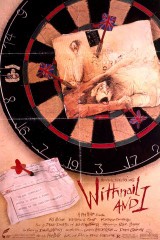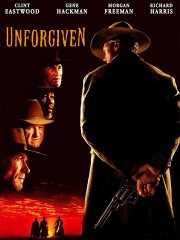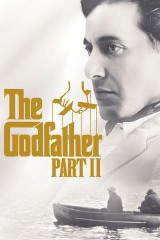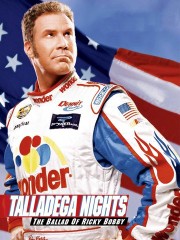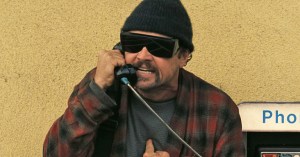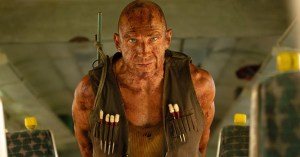Jason Clarke’s Five Favorite Films
The star of this week's Pet Sematary geeks out over Richard E. Grant and the endless quotability of Unforgiven and Talladega Nights.

(Photo by Stephane Cardinale-Corbis /Getty Images)
Jason Clarke isn’t quite a household name – yet. He is, however, poised to make the leap from talented character actor to leading man. After stellar performances in Certified Fresh favorites Mudbound, Zero Dark Thirty, and Dawn of the Planet of the Apes, Clarke has become an integral piece of some of the most critically acclaimed properties of the past few years. Last year the Aussie actor was nigh unrecognizable as he perfectly embodied the late Ted Kennedy in Chappaquiddick, and while his earlier turn as John Conner in Terminator: Genisys didn’t relaunch the Terminator franchise, his post-Genisys choices have marked him as one of the most dynamic actors working today.
The chameleon-like actor seems untethered to genre or archetype, which makes him difficult to typecast. This week, he returns to theaters as the patriarch of the Creed family in a new adaptation of Stephen King’s iconic horror novel Pet Sematary. Dr. Louis Creed (Clarke) moves his family to a quiet town in Maine, where he finds out the neighborhood “Pet Sematary” is actually the last place you’d want to bury the family pet. Premiering at SXSW to positive reviews, the latest version still sits fresh at 80%. We chatted with Clarke just after the SXSW premiere about his horror favorites, why he’s kinda obsessed with Richard E. Grant, and his Five Favorite Films.
Jacqueline Coley for Rotten Tomatoes: You have been quietly doing some amazing work recently. We loved Mudbound, and then there was First Man. But the one we loved that not as many people saw was Chappaquiddick. It was incredible and quite a transformation for you.
Jason Clarke: Oh yeah, Chappaquiddick. Thank you. It got a bit lost, but at the same point, it made $18 million in the U.S. It was one of the highest grossing independent films of that year. People saw it. People didn’t talk about it, because it’s pretty difficult to talk about for a lot of the media in the current environment. It will stand the test of time.
RT: Moving to Pet Sematary — are you a scary movie person? A horror person?
Clarke: To be honest, not hugely so, although some of my favorite movies are. You know, I wouldn’t term them as horror, like The Hunt. That film terrorized me. It’s very creepy watching. It’s extraordinary but not “horror.”
RT: We just had the premiere here at SXSW. What was it like, seeing it last night? Because the audiences here are legendary for their reactions.
Clarke: It was insane. Really. It struck me as how rarely I go to a cinema now and watch a movie with a group of people. I’m always watching them by myself, with my wife, maybe with a couple of people, or with my child. To watch something with a thousand people was wonderful. You remember that’s what cinema is about. For an actor, it’s almost like the theater. You’re sitting in the same air. I was able to see people’s reactions. I could feel the love and enjoyment. I couldn’t help but think, “I need more of this.” Like, my God, I might need to do a play again. It’s the connection to the people, because acting [on film sets], you lose that.
RT: Do you think that is particularly because horror is such a reactive genre?
Clarke: You know, it’s cinema, it’s a director’s medium, and whatever anyone says, you know it’s their vision, particularly with horror. The audience watches it to feel it. And last night, I felt it, you know, but that’s not in every horror flick. I think horror’s not enough for this film. It’s not enough to say when it’s Stephen King.
Pet Sematary opens on April 5.


